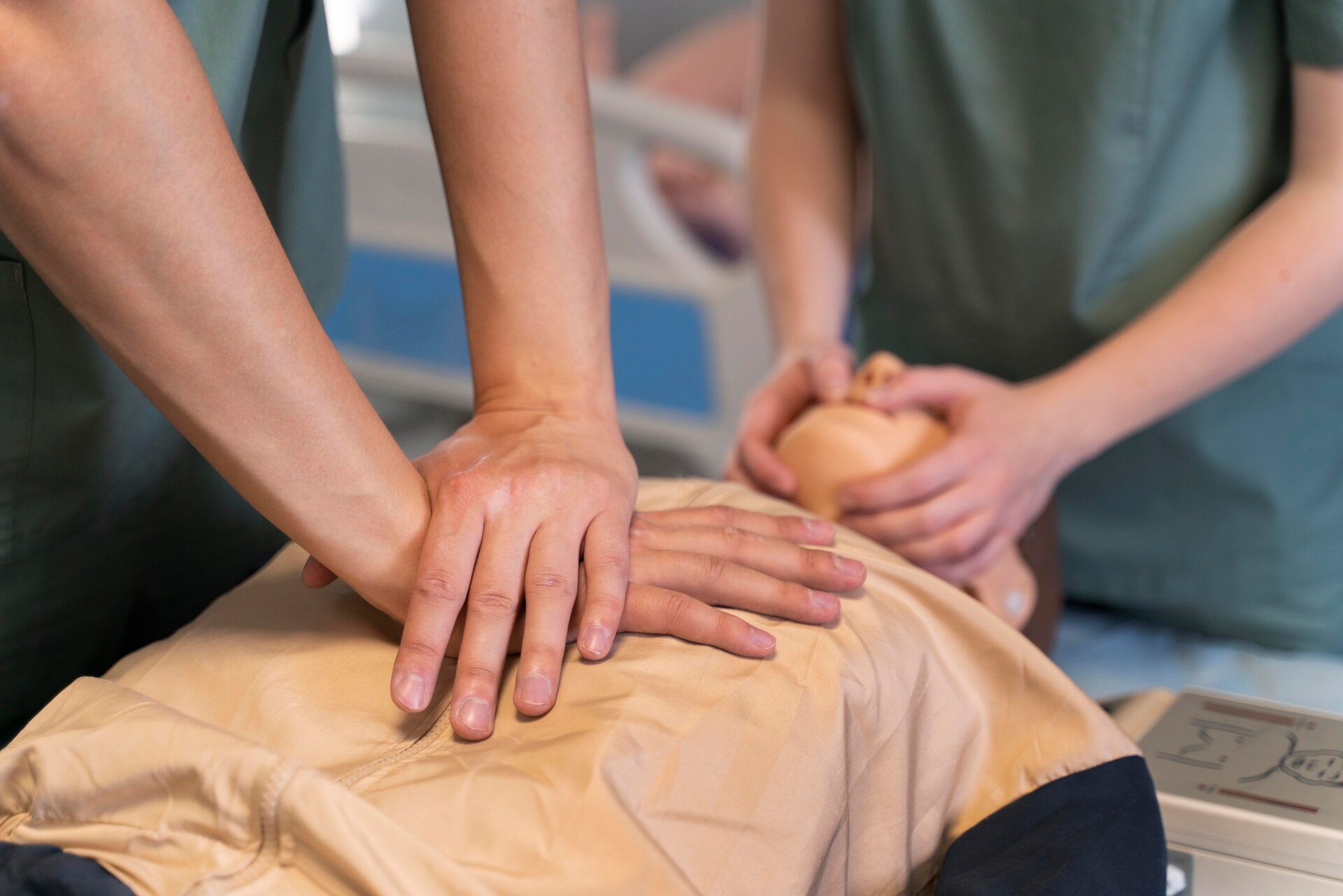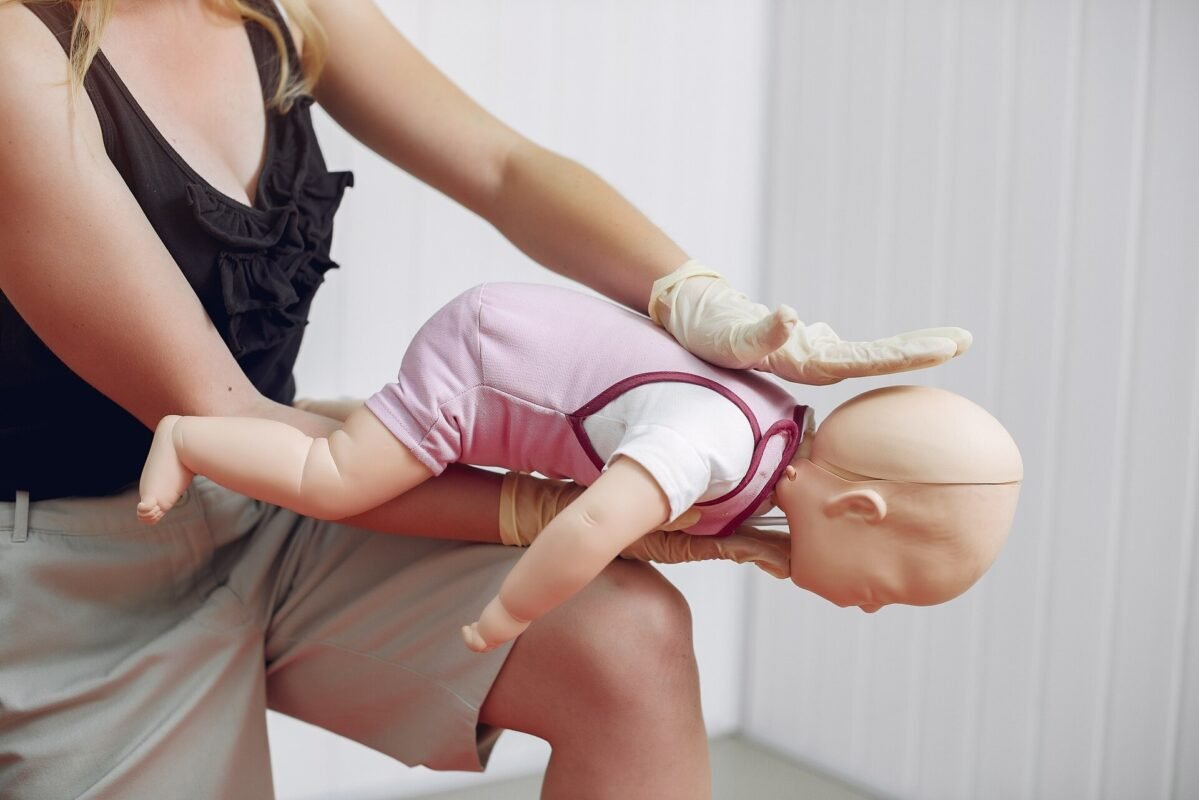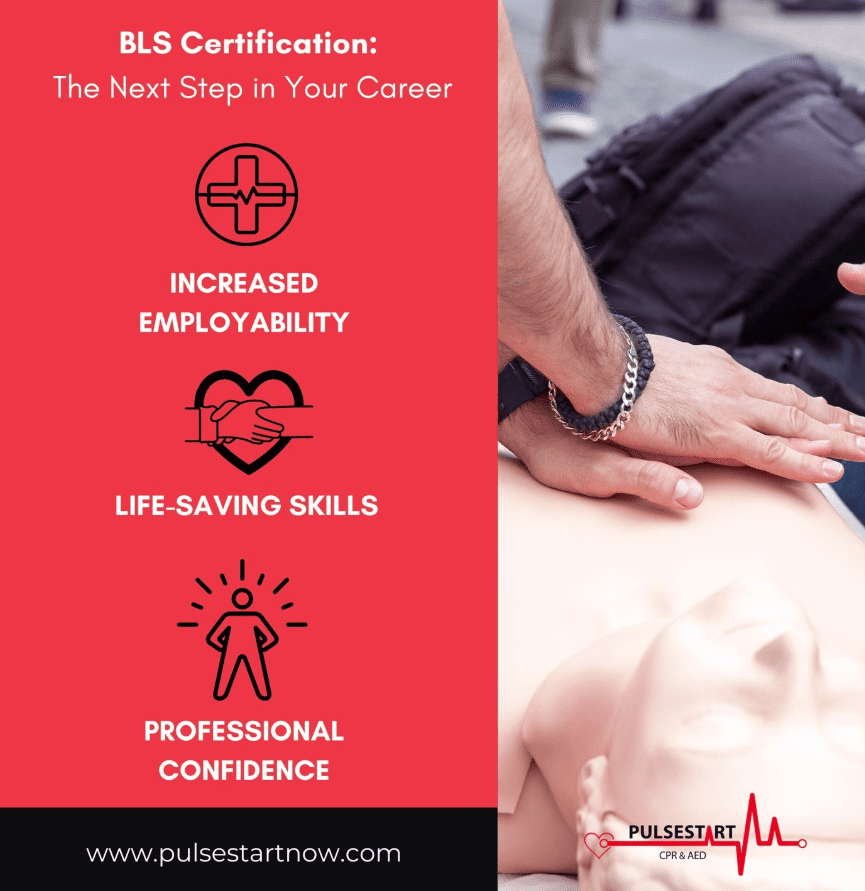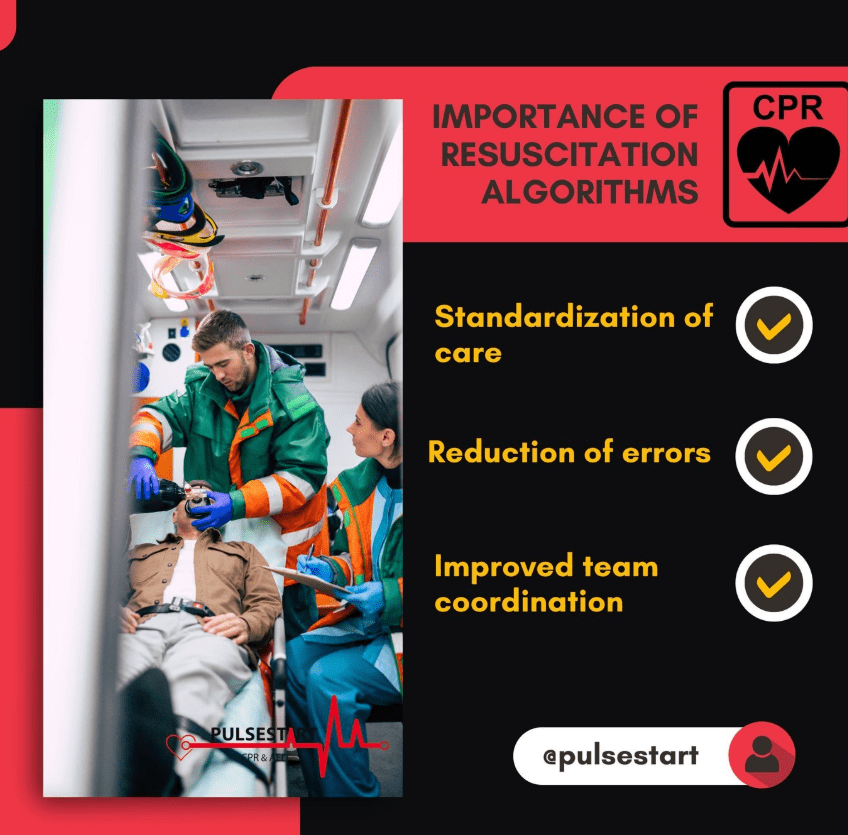Myths and Misconceptions about CPR: Debunking Common Beliefs
Myths and Misconceptions about CPR: Debunking Common Beliefs

Cardiopulmonary Resuscitation (CPR) is a life-saving procedure that can be crucial in emergency situations such as cardiac arrest. Despite its importance, many misconceptions about CPR still persist, some of which can cause hesitation or inaction during a critical moment. Let’s dive into some of the most common myths and debunk them with facts.
Myth 1: CPR is only for healthcare professionals
Fact: CPR is a procedure that anyone can learn and perform. It doesn’t require medical expertise or equipment. Training courses like the ones offered by Pulsestart CPR are available to educate the general public. Promptly administered bystander CPR can double, even triple a victim’s chance of survival.
Myth 2: Performing CPR incorrectly can cause more harm than good
Fact: While it is true that injuries like rib fractures can occur during CPR, these are generally considered less severe than the alternative, which could be fatal. The important thing is to restore blood flow to the brain and heart as quickly as possible, and the benefits of attempting CPR outweigh the risks of not doing anything at all.
Myth 3: Mouth-to-mouth resuscitation is a necessary part of CPR
Fact: Although traditional CPR involves both chest compressions and rescue breaths, research has shown that hands-only CPR (chest compressions without rescue breaths) is equally effective in many cases, especially in out-of-hospital cardiac arrests witnessed by a bystander. So, don’t let the fear of performing mouth-to-mouth deter you from doing CPR.
Myth 4: CPR always works
Fact: While CPR significantly improves survival rates, it doesn’t guarantee survival. Various factors such as the timing of CPR, the cause of cardiac arrest, and the victim’s overall health play significant roles. Nevertheless, without CPR, the chances of survival drop to almost zero.
Myth 5: You can be sued if something goes wrong during CPR
Fact: In many countries, Good Samaritan laws protect individuals who render aid during emergencies. These laws are designed to encourage bystanders to help without fear of legal repercussions. However, the specifics can vary by jurisdiction, so it’s a good idea to familiarize yourself with your local laws.
Conclusion
Dispelling these myths about CPR is crucial in encouraging more people to learn and perform this life-saving procedure. Understanding the facts can help alleviate fears or doubts that may prevent someone from taking action during a cardiac emergency. At Pulsestart CPR, we provide comprehensive, easy-to-understand training in CPR and other first aid skills, empowering individuals to act confidently and effectively when it matters the most.


















